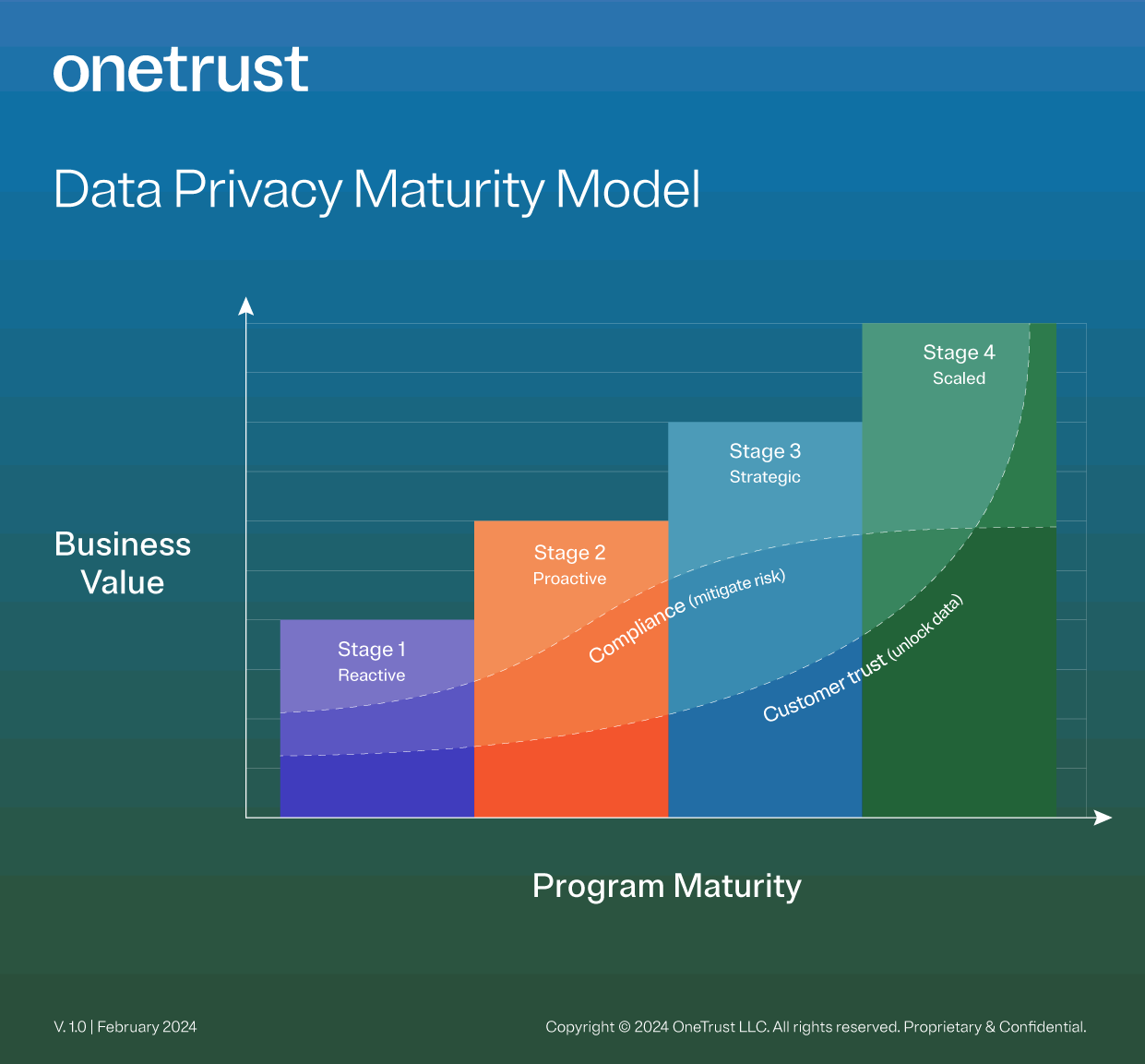Evolving Privacy Regulations: How Digital Marketers Can Navigate Compliance and Build Trust
Meta Description: Explore how digital marketers can effectively navigate evolving privacy regulations while building trust with consumers. Discover compliance strategies and actionable insights to enhance brand reputation.
In today's digital landscape, privacy is no longer just an optional consideration; it is a vital aspect of marketing strategy and consumer engagement. With the emergence of numerous privacy regulations, such as the General Data Protection Regulation (GDPR) and the California Consumer Privacy Act (CCPA), digital marketers must understand how to navigate these changes. This blog post aims to equip marketers with the knowledge and tools needed to comply with evolving privacy regulations while fostering trust with their audiences.
Meet the Author: Luka Novak, a digital marketing strategist with over 5 years of experience in SEO and compliance consulting, has guided over 30 businesses in adapting marketing strategies to adhere to privacy regulations while enhancing consumer trust.
The Importance of Privacy Compliance
The rise of data breaches and increasing consumer concerns regarding privacy have resulted in the implementation of strict regulations. Understanding these laws is imperative for marketers to avoid penalties and foster transparency, which is essential in building trust with consumers. With 79% of Americans expressing concern about how their data is utilized, organizations that prioritize privacy compliance can differentiate themselves in a competitive landscape.
Overview of Major Privacy Regulations
General Data Protection Regulation (GDPR)
Introduced in May 2018, GDPR mandates that companies protect personal data and guarantee certain rights to individuals. Some of its fundamental principles include:
- Data Protection by Design: Implementing protective measures in the development phase of data handling processes.
- User Consent: Ensuring that consent is freely given, informed, and unambiguous.
- Rights for Individuals: Granting rights such as the right to access data, the right to data portability, and the right to be forgotten.
:max_bytes(150000):strip_icc()/general-data-protection-regulation-gdpr.asp-final-1b12e02aa4d149b9af4fcd8aec409a89.png)
California Consumer Privacy Act (CCPA)
Effective from January 2020, the CCPA empowers California residents with significant rights over their personal information:
- Right to Know: Consumers have the right to know what personal data is collected about them.
- Right to Delete: Users can request to delete their data from a business's records.
- Opt-Out of Sale: Consumers have the right to opt-out of the sale of their data to third parties.

Emerging Regulations
As privacy concerns grow globally, new regulations are arising. Notable examples include:
- Act on the Protection of Personal Information (APPI) in Japan
- Data Protection Act (DPA 2018) in the UK These regulations reflect a global trend towards more stringent data protection measures and may evolve further.
Understanding Consumer Attitudes and Financial Impact
Research shows that consumers are increasingly cautious about sharing their information. A survey by Pew Research Center revealed that 79% of Americans express concern regarding data usage. Meanwhile, the IBM Cost of a Data Breach Report in 2022 indicated that the average cost of a data breach was a staggering $4.35 million, highlighting why compliance is so critical.
Case Studies: Learning from the Leaders
Marketers can draw valuable lessons from companies that prioritize privacy:
- Apple has embraced user privacy as a cornerstone of its branding strategy, leveraging this commitment to attract loyal customers.
In contrast, Google was fined €50 million in 2019 by French regulators for not obtaining proper user consent under GDPR, illustrating the costly repercussions of non-compliance.
Effective Compliance Strategies
To help marketers navigate privacy regulations, here are several actionable compliance strategies:
- Conduct Regular Audits: Regularly review data collection practices to ensure compliance with laws and regulations.
- Implement Data Protection Impact Assessments (DPIAs): Identify risks related to personal data and mitigate them proactively.
- Adopt Privacy by Design: Integrate privacy considerations into the foundational aspects of marketing strategies.
Building Consumer Trust
Building consumer trust goes beyond compliance. Transparency could significantly enhance brand loyalty. A study revealed that 88% of consumers are willing to share their data if they believe that brands are transparent about its use.
For instance, Zalando adopted transparent data practices, leading to increased customer loyalty and higher engagement. By proactively communicating data usage policies, brands can align their marketing efforts with the needs and expectations of their audience.
Expert Insights and Resources
Incorporating insights from industry leaders can bolster your understanding of privacy regulation. Organizations like the International Association of Privacy Professionals (IAPP) provide valuable resources and certifications geared towards compliance.
Tools for Compliance
Here are several recommended tools that can assist in compliance efforts:
| Tool | Purpose |
|---|---|
| OneTrust | Manages privacy programs effectively.  |
| TrustArc | Offers compliance solutions and strategies. |
| Optimizely | A/B testing platform that respects user choices. |
Navigating Future Trends
As privacy laws continue to evolve, marketers must stay agile and informed. Emerging trends suggest a push for federal privacy regulation in the U.S. and advancements in international standards. It's essential for marketers to adopt a mindset of continuous learning and adapt strategies as new technologies, like AI and machine learning, become prevalent in data handling.
Conclusion
In conclusion, the evolving landscape of privacy regulations presents both challenges and opportunities for digital marketers. By prioritizing compliance and transparency, companies can not only navigate these complexities but also build lasting trust with their consumers.
As you strive to integrate these insights into your marketing strategies, consider downloading our comprehensive checklist for compliance assessment, or explore additional resources to deepen your understanding of privacy regulations. Empower your marketing efforts and create a trustworthy environment for your audience!
